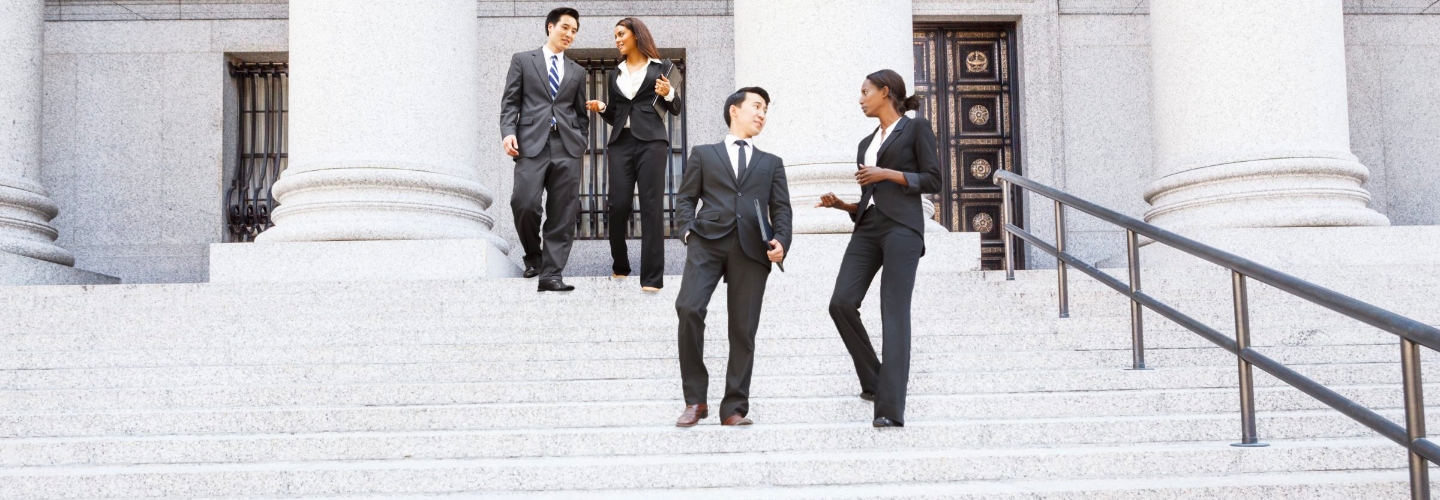
On July 29, 2016, the Commission reversed an arbitration decision in a case tried by Sarah Antrim of our Peoria office. In a case involving an injury to the Petitioner’s right knee while turning off a light, the Commission agreed with Ms. Antrim’s position that the incident in question did not arise out of the Petitioner’s employment, as the act of flipping a light switch did not put the Petitioner at any greater risk of injury than the general public.
Facts
The Petitioner, Ruston Morecroft, was the pastor of the First Baptist Church of Oblong. On April 14, he was in his church when he noticed that a light was on at the end of a hallway. He testified that he typically turns off lights to conserve resources and to keep people from congregating in areas that are not in use. On that date, he noticed that an unnecessary light was on, so he reached for the light switch and turned it off. He was standing on a carpet at the time which was in good condition and showed no evidence of defects. As he turned to go in the other direction, he felt pain in the right knee. He testified that he may have been carrying a Bible and a study guide at the time, although in a recorded statement taken several months following the accident, he denied carrying anything in his hands. At any rate, he did not allege that his balance was off or that he was rushing or otherwise moving in an unusual manner to turn off the light.
He was seen for treatment on the date of the incident at Union Hospital. He reported pain in the right knee for the past two weeks. He also reported that he was sitting at a desk for several hours and felt pain in the knee upon standing. He experienced severe pain in the knee as a result of turning after switching off the light.
The petitioner was ultimately diagnosed with a tibial eminence fracture and a complex tear of the anterior and posterior horns of the medial meniscus. He underwent right knee surgery on April 15, 2014. By May 30, 2014, the Petitioner reported that he was doing very well with the knee and had very little difficulty, other than an occasional twinge. He advised the doctor that he could straighten his knee for the first time in years. The examination was essentially normal with full range of motion at that time.
Issues Presented
Did the act of turning off a light switch constitute an accident arising out of the Petitioner’s employment?
Outcome
– The Commission finds that while Petitioner was in the course of his employment, he failed to prove that he sustained an accidental injury arising out of his employment on April 14, 2013.
– The Commission finds that Petitioner was not subjected to a hazard in his work place or to a risk of injury to a greater degree than a member of the general public. The mat he was standing on at the time he flipped the switch did not move and the carpet was in good condition.
– In addition, there was no evidence that he was subjected to risk more frequently than the general public. The hallway where the switch was located was in an area traversed by the Petitioner and members of his congregation. The mat where he was standing was located near a public door used for ingress/egress of the congregation. No evidence was presented to show how often he traversed the hallway to turn off lights or that he did such at a greater frequency than any other location, such as his home.
– The Commission finds that the act of mere act of turning is an action of everyday life and without more creates no greater risk than that to which the general public is equally exposed.
– Finally, the Commission notes that the Petitioner is morbidly obese with a history of problems in both knees, most likely attributable to his weight. He underwent left knee surgery prior to the incident and reported to hospital personnel that he was experiencing right knee pain for the two weeks leading up to the incident. As such, the Commission finds that the Petitioner sustained an idiopathic injury unrelated to his work activities.
Conclusion
Unless a Petitioner can show evidence that the work activity in question put him or her at greater risk of injury than the general public, injuries sustained while performing a normal activity such as bending, walking, standing, or turning off a light switch should not be deemed compensable. By persuasively arguing this point before the Commission, Ms. Antrim was able to turn an adverse arbitration decision into a favorable decision for the client at the Commission level.
Ruston Morecraft v. First Baptist Church of Oblong, 13 WC 35271, 16 IWCC 503

